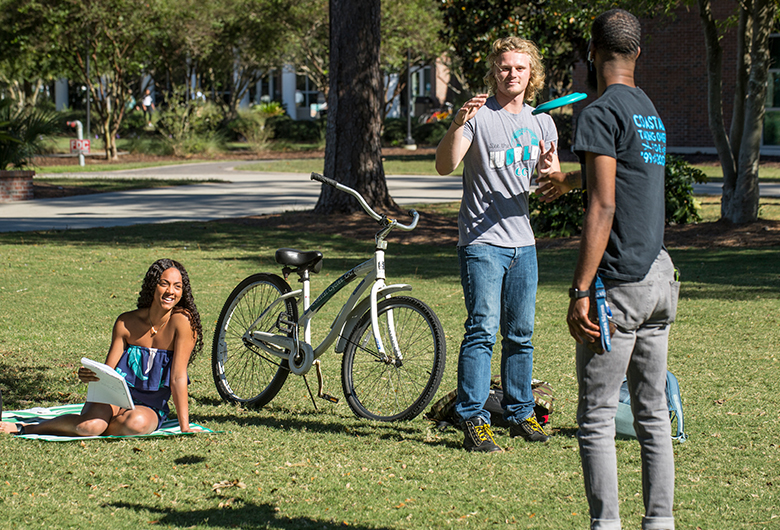Strong letters of recommendation (LORs) are core to successful scholarship applications. Give your references a LOR packet to help them write strong letters. Providing this to them also demonstrates that you respect their time. The packet includes the following:
- A concise description of the award;
- A brief explanation of why you are a strong candidate;
- Your goals and what you hope to achieve through the award;
- The exact reason(s) you are asking them to write a letter for the award;
- The LOR submission deadline;
- The submission instructions;
- The semester/year (time period) you worked with them;
- Details of your work with them: course names, projects and results, papers and assignments, grades, accomplishments, contributions, etc.;
- A list of items that would be ideal for them to discuss/include in your letter, e.g., your growth and development—what you learned with them; responsibilities and tasks you had under them; topics of conversations or discussions you’ve had; and other interactions (they need to be reminded!) that would be relevant to the award;
- The URL of the award webpage;
- An updated resume; and
- An unofficial transcript.





